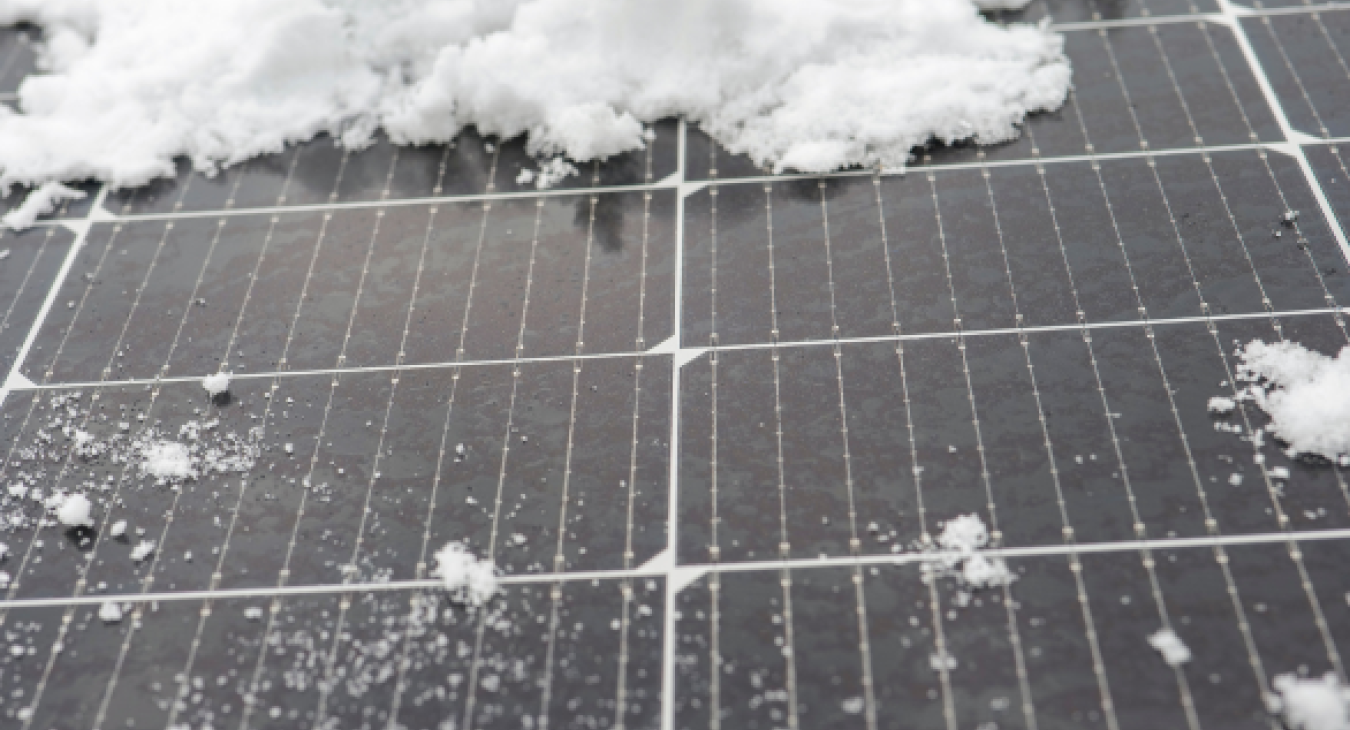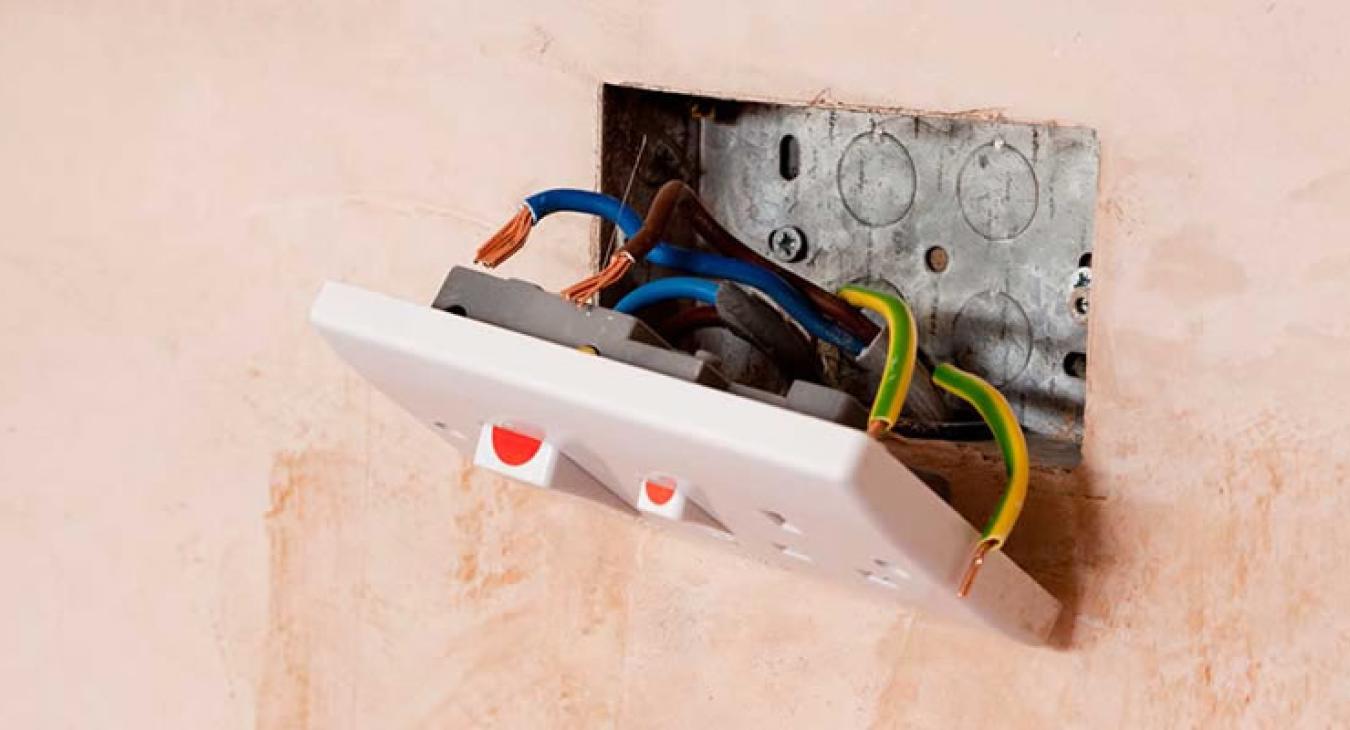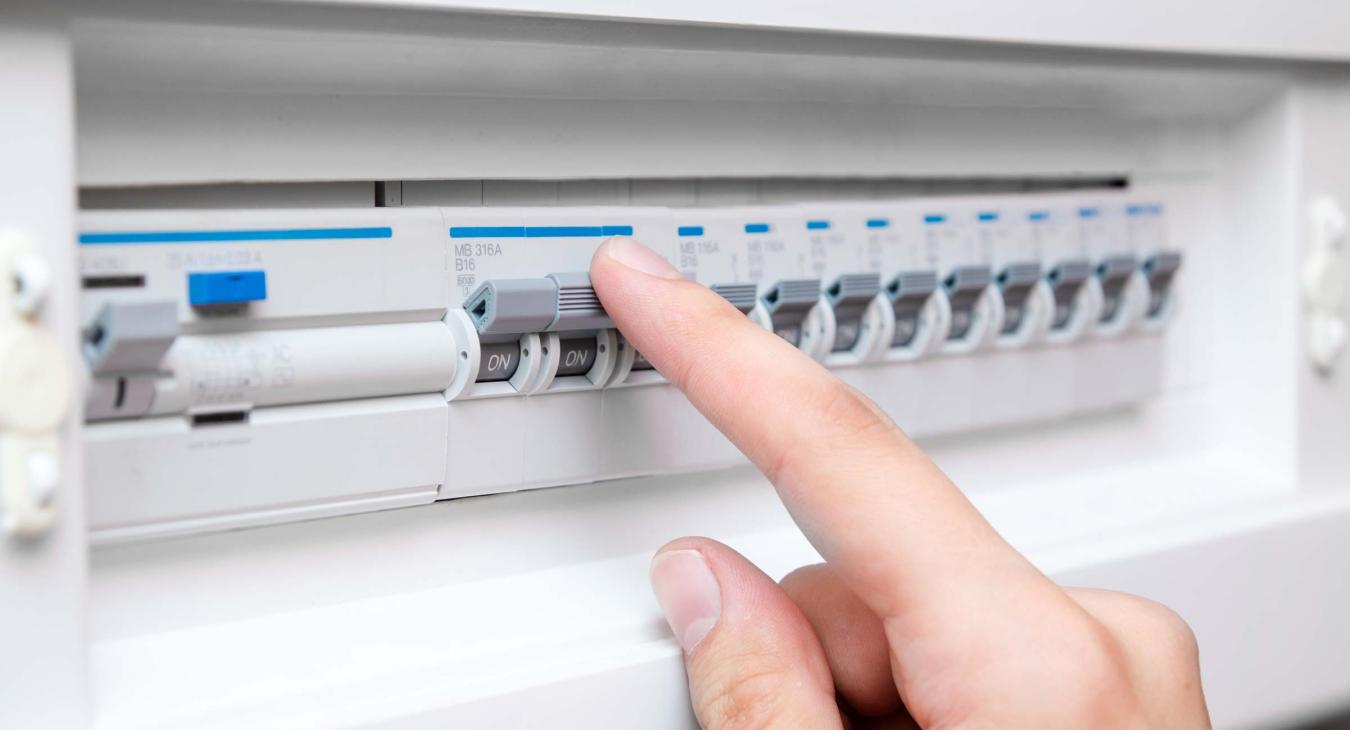
Can solar panels withstand the snowy season? Understanding how the solar panels on your Blackpool home generate electricity throughout the year is important and we are asked frequently on how all weather conditions affect the amount you generate with your solar PV system.
The Snow Blanket Effect on Solar Panels
When your solar panels are covered in snow, their exposure to sunlight is hindered. This means that, during the snowfall, the solar panels on your Blackpool home won't be generating electricity.
The Melting Process
As soon as the snow starts to melt or some of the panels become exposed to sunlight, a transformative process kicks in. Solar panels generate a small amount of heat during operation, and as soon as they start receiving sunlight, this heat begins to spread throughout the panel. The heat aids in melting the surrounding snow.
Back to Generating Solar Power
Once the snow has melted from the panels on your Blackpool homes roof and they are exposed to daylight, your solar panels will resume their duty of converting sunlight into electricity. The small amount of heat generated by the panels not only helps in snow removal but also jumpstarts the electricity generation process.
A Free Cleaning Service
Consider the snowy period as a complimentary cleaning service for your solar panels. As the snow melts away, it washes off dirt and debris, leaving your panels ready to absorb sunlight more efficiently. This inadvertent cleaning effect adds to the overall benefits of solar energy.
While it's true that solar panels won't generate electricity when covered in snow, the interplay of heat generation and the melting process ensures that your solar system can bounce back as soon as conditions permit. Winter may temporarily pause your panels, but it also provides a natural cleaning service that sets the stage for optimal performance when the sun returns.
If you would like to learn more about how a solar panel installation at your Blackpool home can lower your energy bills this winter, contact West Coast Electrical today.














